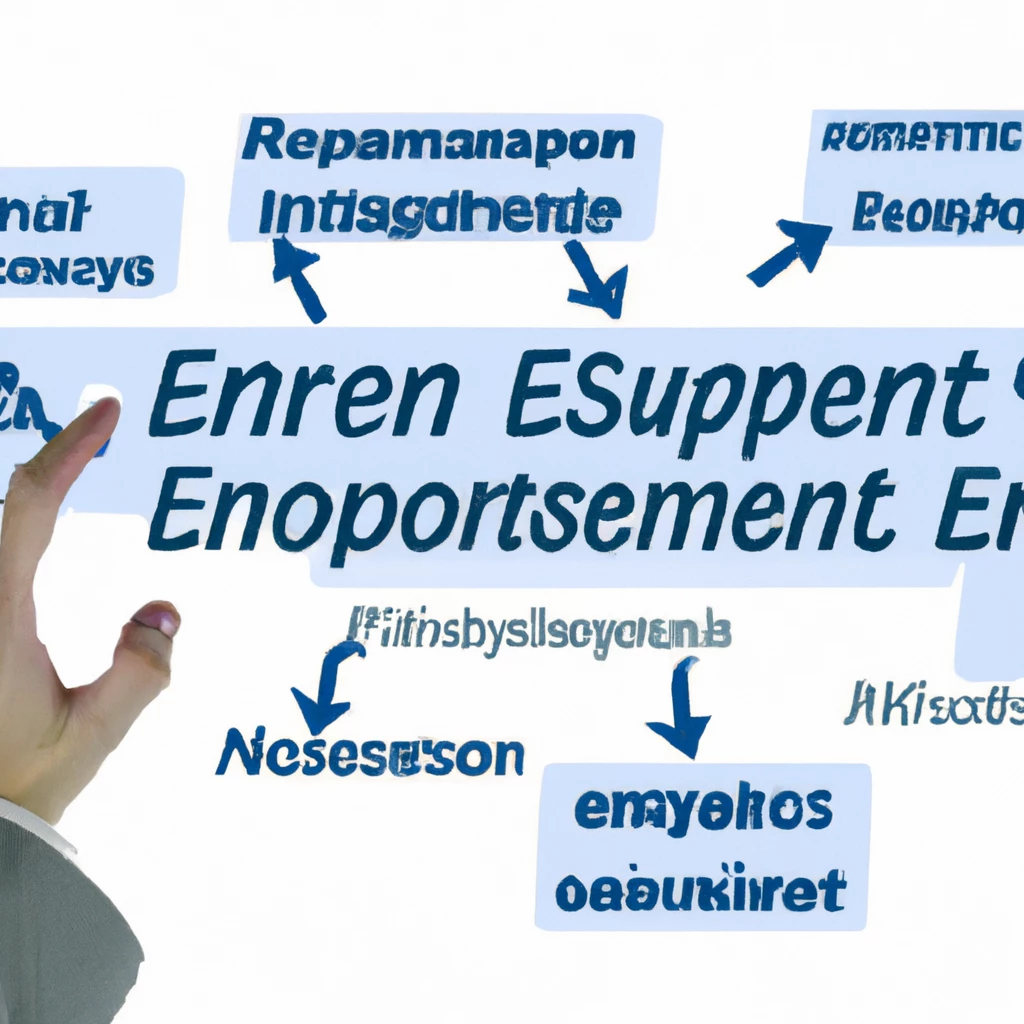What Is Enterprise Resource Planning (ERP)?
Enterprise Resource Planning (ERP) is an indispensable platform utilized by companies to efficiently manage and integrate crucial aspects of their operations. These software applications play a pivotal role in resource planning by unifying all necessary processes under a single system.
ERP software systems are designed to streamline planning, inventory purchasing, sales, marketing, finance, human resources, and more, providing a comprehensive solution to business needs.
Key Takeaways
- ERP software seamlessly integrates essential business processes.
- Today, many ERP solutions are web-based, offering remote accessibility.
- Benefits of ERP include efficient communication, centralized information, and real-time data reporting.
- There is a wide array of customizable ERP applications available.
- Effective implementation is crucial for the success of an ERP system.
Understanding Enterprise Resource Planning (ERP)
Enterprise Resource Planning serves as the cohesive force aligning diverse computer systems within large organizations. Unlike disparate systems in each department, an ERP application unifies all systems under one interface, facilitating seamless access and communication.
ERP applications foster interdepartmental collaboration and information sharing, enhancing organizational productivity and efficiency. Gathering data from various divisions, these applications enable effective utilization of information across different functional areas.
By integrating technologies used by different business units, ERP applications eliminate redundancies and technology clashes. They consolidate functions such as accounts payable, stock control, order monitoring, and customer databases into a unified system.
How Enterprise Resource Planning Platforms Work
ERP has evolved from traditional client-server models to cloud-based systems with remote accessibility. Under this paradigm, companies rent services from providers who host and maintain the platform, easing the burden on client companies.
Businesses select desired applications, which are then loaded onto rented servers by the hosting company. Integration of processes and data ensues, connecting various departments and enabling real-time data access for authorized users.
Once fully integrated, data collected on the server is readily available for generating reports with visual aids to facilitate decision-making and performance monitoring.
A company should exercise caution during ERP implementation to avoid cost overruns.
Types of ERP Systems
Various ERP solutions cater to diverse business needs, offering customized options to suit different industries. From on-premise systems providing control to cloud-based platforms offering scalability, businesses can choose systems aligning with their requirements.
On-Premise ERP
On-premise ERP systems involve purchasing licenses and installing software directly on a company’s servers. These systems offer control, extensive customization, and may require dedicated IT support.
Cloud ERP
Cloud ERP, hosted remotely, provides scalability without significant upfront investments. This subscription-based model, managed by providers, offers flexibility and ease of maintenance.
…
ERP systems empower data-driven decision-making with enhanced visibility.
Departmental synergy boosts productivity, employee satisfaction, and meaningful work allocation.
ERP Weaknesses
ERP implementations may face hurdles if organizational inefficiencies persist or if outdated processes hinder system integration.
Failure to adapt to ERP systems due to reluctance in abandoning old practices or software can lead to costly overruns. Employing change management principles is pivotal for successful ERP integration.
Change management is crucial in preventing ERP implementation failures.
ERP vs. CRM
ERP and Customer Relationship Management (CRM) systems serve distinct business functions—the former focusing on internal operations, and the latter managing customer interactions.
While ERPs streamline business processes, CRMs enhance customer engagement and loyalty through managing interactions and relationships.
Integration of ERP and CRM functionalities enhances cross-platform data synchronization, enabling improved customer service and operational efficiencies.
ERP Solutions Providers
Prominent ERP providers include Oracle, SAP, and Microsoft, with a shift towards cloud-based solutions challenging traditional industry leaders.
Emerging players like Bizowie and Workwise are gaining traction with cloud-based ERP offerings, disrupting the market.
